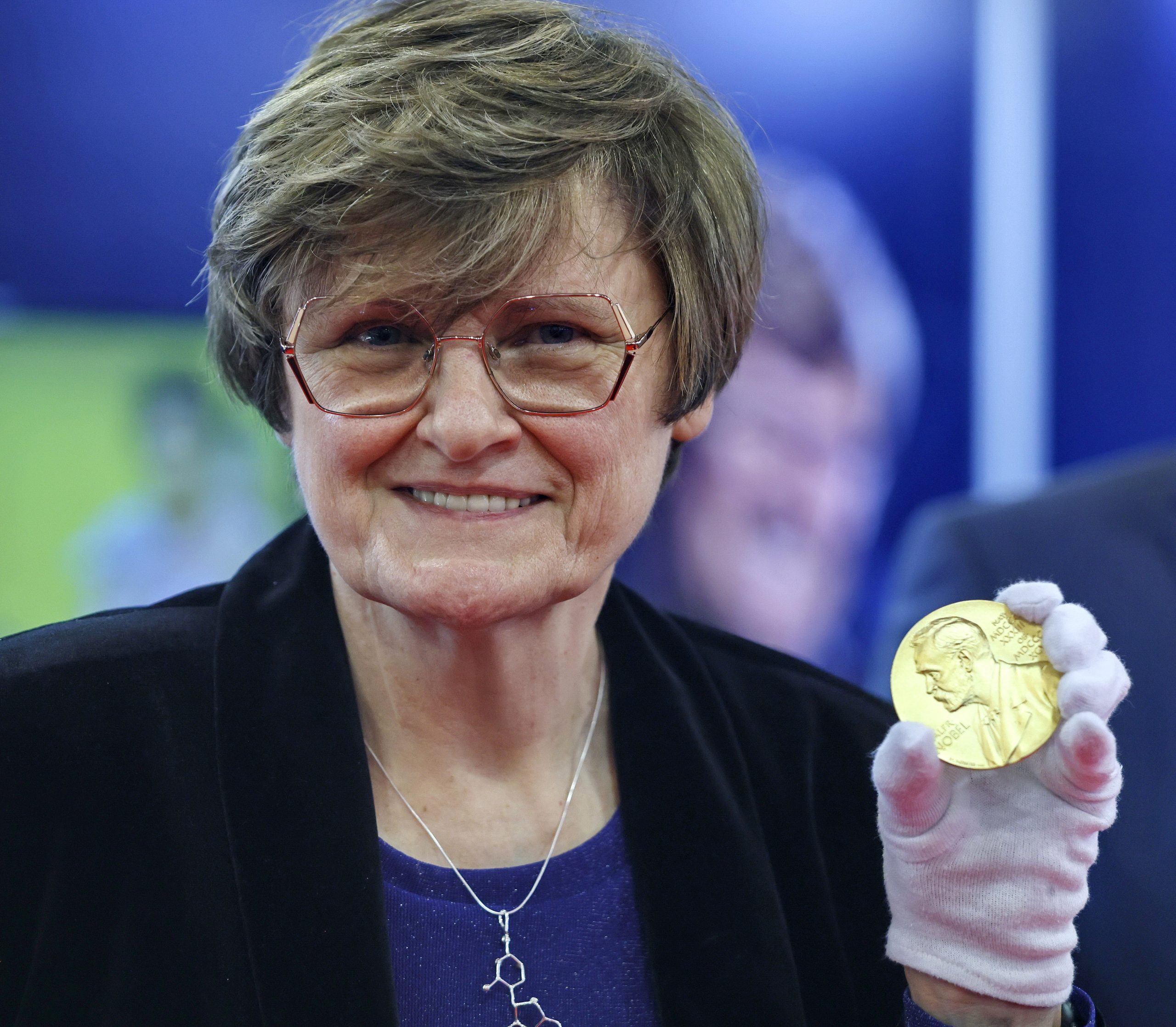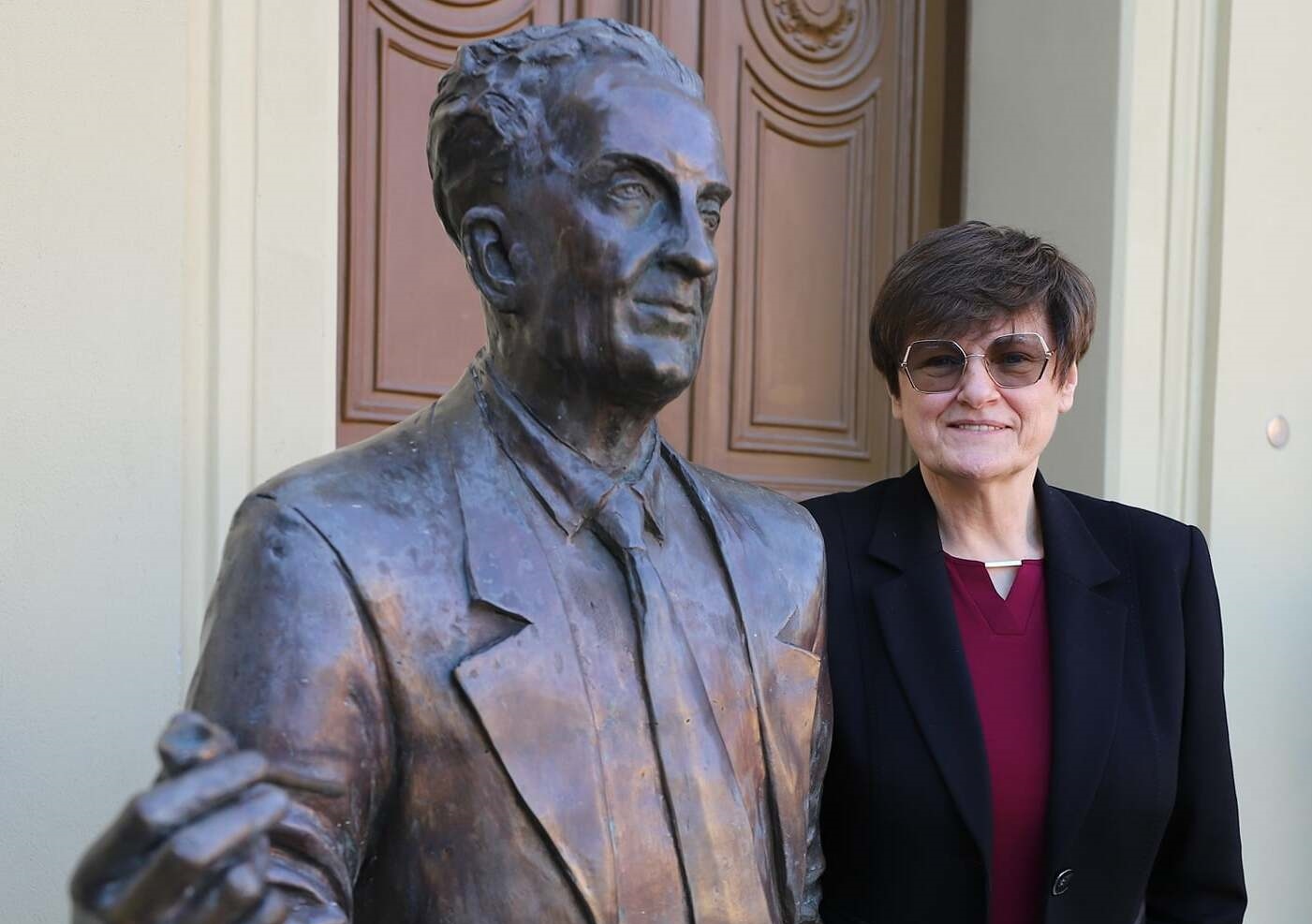
A replica of the Nobel Prize was placed in a new permanent exhibition on the life and work of the researcher.Continue reading

Nobel Prize-laureate scientist, Katalin Karikó, has been appointed as a professor at the University of Szeged (SZTE), a momentous recognition of her groundbreaking work that has had a profound global impact, especially during the COVID-19 pandemic, writes Infostart.
At a ceremony held on University Day, Minister of Culture and Innovation Balázs Hankó celebrated Prof. Karikó’s achievements, calling her a “hero not only of Hungarians but of the whole world.” Minister Hankó emphasized that the scientist’s pioneering research made it possible to develop life-saving mRNA vaccines, which helped protect millions globally.
Tegnap megrendezésre került az SZTE Innovációs Nap!
A Szegedi Tudományegyetem falai között rangos díjak kerültek…
Közzétette: University of Szeged – 2024. november 7., csütörtök
Katalin Karikó, who graduated as a biologist from the University of Szeged in 1978, has dedicated her career to advancing RNA technology, a field that led to the development of the Pfizer-BioNTech and Moderna vaccines. For her contributions to science and humanity, she was awarded the Nobel Prize in Physiology or Medicine in 2023.
Minister Hankó further praised Prof. Karikó for exemplifying Hungarian patriotism, saying,
her work shows that we have no reason to be shy; we are proud to carry our knowledge, traditions, and culture.”
He underscored the importance of institutions like SZTE in nurturing and shaping Hungarian culture, adding that such universities are integral to the nation’s identity.
The University of Szeged, one of Hungary’s top academic institutions, has a long history of excellence, dating back to its founding in 1872. Today, it continues to be a global hub for research and education, contributing significantly to Hungary’s intellectual and cultural development. Karikó’s new role at SZTE further strengthens its reputation as a leading center of scientific innovation and a beacon of Hungarian pride.
Via Infostart; Featured Image: Wikipedia / Szegedi Tudományegyetem